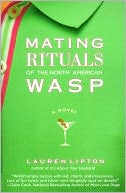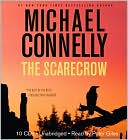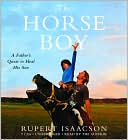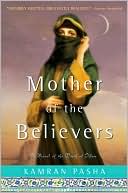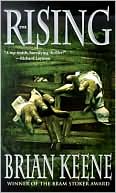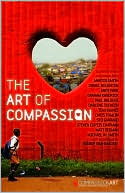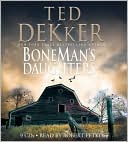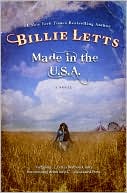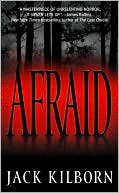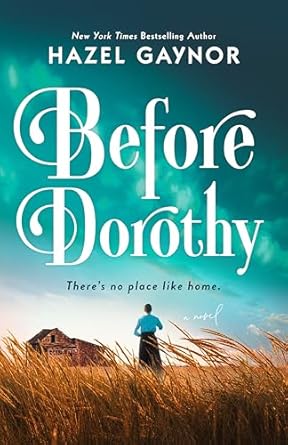 Synopsis
Synopsis:
Reminiscent of Keith Donohue's The Stolen Child, Erick Setiawan's richly atmospheric debut is a beautiful, engrossing fable of three generations of women in two families; their destructive jealousies, their loves and losses, their sacrifices and deeply rooted deceptions, and their triumphs.
Of Bees and Mist is the tale of Meridia -- raised in a sepulchral house where ghosts dwell in mirrors, she spends her childhood feeling neglected and invisible. Every evening her father vanishes inside a blue mist without so much as an explanation, and her mother spends her days venomously beheading cauliflowers in the kitchen. At sixteen, desperate to escape, Meridia marries a tenderhearted young man and moves into his seemingly warm and charming family home. Little does she suspect that his parents are harboring secrets of their own. There is a grave hidden in the garden. There are two sisters groomed from birth to despise each other. And there is Eva, the formidable matriarch whose grievances swarm the air like an army of bees. In this haunting story, Setiawan takes Meridia on a tumultuous ride of hope and heartbreak as she struggles to keep her young family together and discovers long-kept secrets about her own past as well as the shocking truths about her husband's family.
Readers of magic-realist fiction will instantly be captivated by this richly evocative fairy tale. Of Bees and Mist takes place in a nameless town during a timeless era, where spirits and spells, witchcraft and demons, ghosts and clairvoyance -- both real and imagined -- are an everyday reality. Setiawan skillfully blends the real and the fantastical as he follows our heroine over a 30-year time span in which her love, courage, and sanity are tested to the limit.
Scheduled for release August 4, 2009
Of Bees and Mist opened up a world previously unknown to me. A world where women can grow herbs out of their arms and chest, mist haunts the front door, and men can swallow vegetables whole and spit them out chopped, seasoned and pickled.
There was something almost fantastical about the writing style. For some reason, as I read the book, which flowed with a surrealism and slight goth-like feel, I was reminded of children's stories like Charlie and the Chocolate Factory (atleast the happy Gene Wilder movie version) and Neverending Story.
You know how I can tell that I really like a book? I find myself taking notes while I read, wanting to make sure that I quote a favorite passage and get down my feelings at a particular moment. Much of my review on a "great book" is written during the reading of the book, so everything is fresh. I did that a LOT with this book. Just a couple of my favorite passages found early on in the book:
pg 2: "Ravenna went on for some minutes, rocking her daughter gently, and by the time she recited the intimate details surrounding the baby's conception-- "if you could only see the ungodly contortions your father had me do"-- Meridia spluttered a cough and inhaled her first breath.
"'Stubborn little creature,' chuckled Ravenna. "Do you think you're too good for this world?'"
pg 5: "As she chopped, grilled, and boiled, Ravenna addressed the vegetables in a dark and private language, telling them of sorrow and despair."
I guess this book wasn't really anything like I expected, and quite honestly if you were to give me details about it ahead of time I probably never would have read it. I wouldn't have expected to find a book written with such fantastical flavor, and which at times can be somewhat dark and heavy, so charming. Really a lovely and impressive debut by Mr. Setiawan. I look forward to seeing what rabbit he has hiding up his sleeve next.
I jumped right into this book without really even taking in the cover art. Someone in the book discussion pointed out all of the hidden pictures to be found in the cover art-- pictures that are like little windows into Meridia's life.
This book follows the often sad and bewildering life of Meridia, swallowed up in a world reminiscent of a Harry Potter book. You really feel for Meridia, and just want to take her in your arms and shelter her. You keep waiting for someone to do this. "Where is her protector?", you keep wondering in frustration. "Where is her shelter from the world? Her lee from the wind? Will no one be her champion?"
I've said in the past that I'm not a "book club" kind of gal-- that I don't want to sit around and discuss books and symbolism. I just want to read a good story. I have to say that this book has shown that not to be entirely true. This book is FULL of symbolism, and I found that I LOVED it. Additionally it was a wonderfully good story and kept me totally absorbed.
A remarkable debut novel, and highly recommended. Love it, love it, love it!
Of Bees and Mist vocabulary
Here are two new-to-me words I learned while reading this book:
naphthalene-- It is best known as the traditional, primary ingredient of mothballs. Usage in the book: The scent of lilac that had previously perfumed her was now replaced by something akin to naphthalene.
excoriating-- (1) To denounce or berate severely; flay verbally. (2) To strip off or remove the skin from. Usage in the book: Yet when profits plummeted, Eva's look became no less excoriating than her words.
Product Details
* Hardcover: 416 pages
* Publisher: Simon & Schuster (August 4, 2009)
* Language: English
* ISBN-10: 1416596240
* ISBN-13: 978-1416596240
My Rating: 9 out of 10
 Teaser Tuesdays is a weekly bookish meme, hosted by MizB of Should Be Reading. Anyone can play along! Just do the following:
Teaser Tuesdays is a weekly bookish meme, hosted by MizB of Should Be Reading. Anyone can play along! Just do the following:








